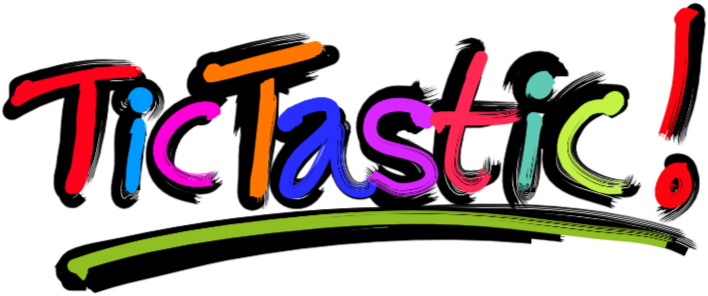Tourette’s Syndrome
- Neurological, genetic condition
- Motor and vocal tics
- Usually starts in childhood around age 5 to 7
- 90% of people with Tourette’s are NOT compelled to swear
- It is an autistic spectrum condition
What are tics?
Involuntary, abrupt, movements and sounds that occur individually in bouts.
Typical Course of Tourette’s Syndrome
The condition normally starts at age 5, peaks at around age 13 and can fade away by age 21. It waxes and wanes throughout this period but gets worse towards the age of 13 before generally improving by age 21. The condition can however only appear later in life, after the age of 18 in some cases.
What causes Tourettes?
An abnormality in the Basil Ganglia region of the brain is thought to cause the tics. Genetics, neurobiology, environment, and psychology all play a part in Tourette’s Syndrome.
How many people have Tourette’s?
10% to 20% of people have a probable tic disorder or transient tic disorder.
5% of people have a chronic tic disorder with a motor or a vocal tic.
1% (that includes me!) have full-blown Tourette’s Syndrome with both motor and vocal tics.
About 10% to 20% of all children have some form of temporary tics!
It is more common in boys than girls with a 3:1 ratio. (That makes me even rarer!)
What conditions are comorbid with Tourette’s?
40% to 60% have ADHD as well
30% to 40% have OCD (that’s me!)
15% have AS
What are the chances of me growing out of it?
As children grow into adulthood tics resolve in about 33% of cases.
Tics become much less severe in another 33%.
For the last 33%, Tourette’s is a lifelong condition and can be very severe.
Some very useful information is available online. Here are some of the best links for you.
National Health Service Tourette’s Syndrome
A wonderful charity that helps people like me and their families. If you have Tourettes and live in the UK do check this link out. I recently went on a Tourette’s Action ‘Tic Fest’ weekend with my family which was funded by BBC Children in Need.
Great Ormond Street Tourette’s Syndrome Information Pack
This has information for families, teachers, schools and young people too.
Disability help
Tourette’s Syndrome is a disability, so you can apply for a Blue Badge for help with parking if needed and you can also apply for disability living allowance. I don’t qualify for the disability living allowance as I attend a boarding school, but I do qualify for a Blue Badge which is really useful as my leg tics, compulsions and body tics can make getting around very hard, especially when I need to use a wheelchair.
